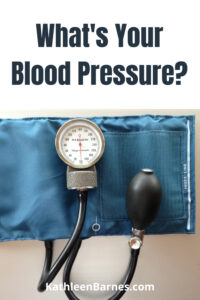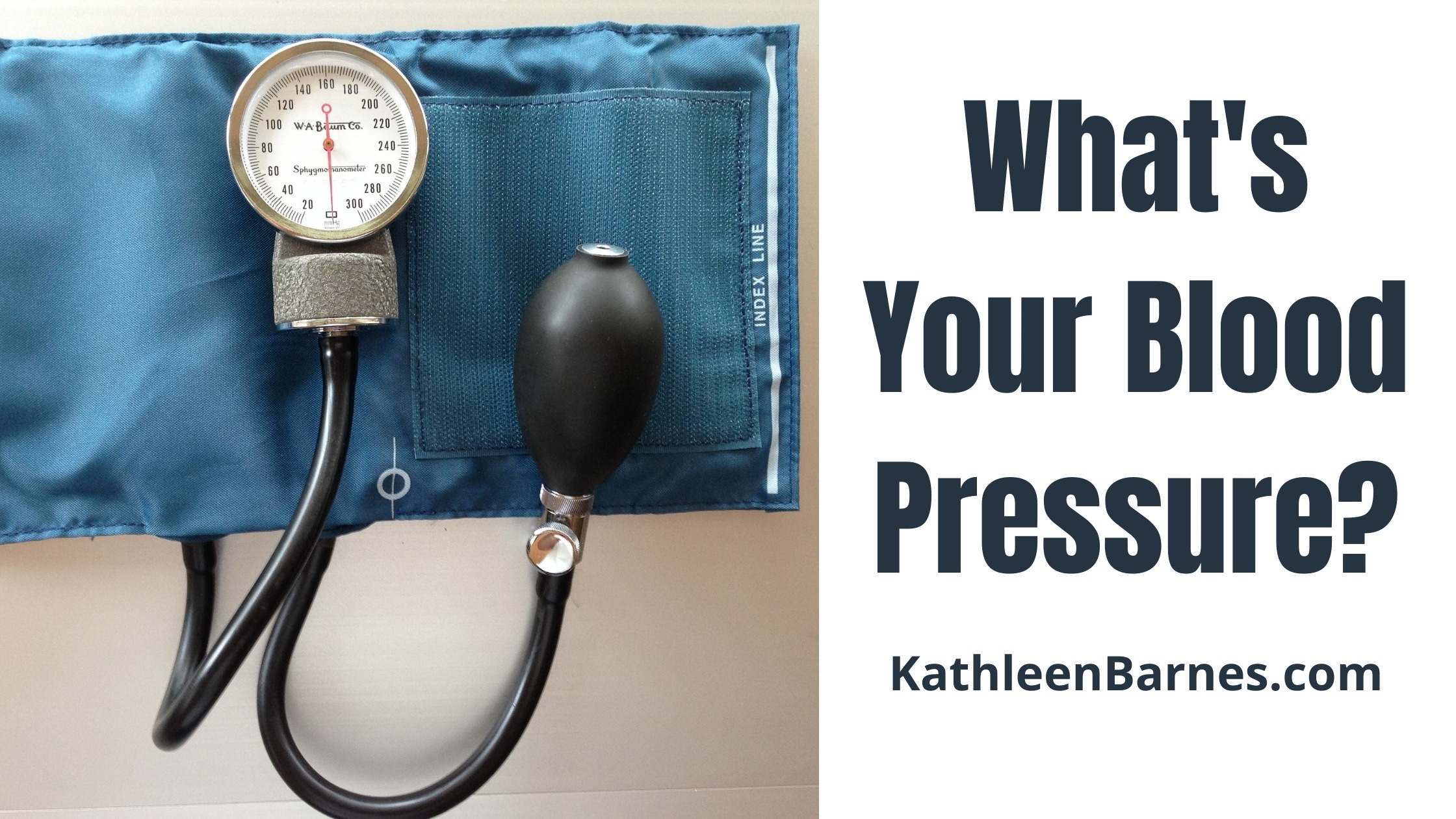 Do you get high blood pressure readings when you visit your doctor’s office? I know I almost always have high readings, even sometimes fairly alarming ones. I also know that my pressure is well within the normal range (best is 120/80) because I measure it at home at least a couple of times a week.
Do you get high blood pressure readings when you visit your doctor’s office? I know I almost always have high readings, even sometimes fairly alarming ones. I also know that my pressure is well within the normal range (best is 120/80) because I measure it at home at least a couple of times a week.
The most obvious reason you could have a high reading at the doc’s office is what is commonly called “white coat hypertension.” That simply means you are stressed by the fact you are in the doctor’s office and it artificially raises your blood pressure. I routinely get those high readings, once as high as 160/95 (!) when my morning reading that same day was 118/80.
Were you rushed getting to your appointment? Did you get stuck in traffic? Have harsh words with your significant other? All of these can result in uncharacteristically high readings. They should not be the cause for worry unless they persist, but they should be a reason to buy a blood pressure monitor and routinely measure at home under relaxed conditions. Decent quality monitors are available for $30 to $40. Get an upper arm monitor, not one of the wrist ones, which are not very accurate.
How to take an accurate reading:
It’s highly likely that your doctor’s staff is not taking the measurements correctly.
- First, you should have been sitting quietly, not talking, for at least five minutes, longer if possible. This rarely, if ever, happens in a doctor’s office.
- The cuff should be applied to bare skin.
- You should be sitting comfortably with both feet on the floor.
- The elbow of the arm where pressure is being monitored should be supported at heart level.
- Take some deep breaths and do not talk while the measurement is under way.
- My doctors says the true reading is usually the third reading with at least five minutes between readings.
They don’t do that at your doctor’s office? In my experience, they never have checked all of those boxes.
That means they are getting inaccurate readings, most frequently higher than your true readings.
What you can do:
- Take your blood pressure at home under optimal conditions the morning of your appointment.
- If it is noticeably different for the reading at the doctor’s office, insist that your at-home reading be recorded in your medical records.
- Discuss the discrepancy with your doctor.
- Resist any effort to put you on blood pressure medications until you have had a chance to implement techniques to reduce your readings.
- Many of us will never have a normal reading in the doctor’s office. That’s fine, as long as you know your normal at-home reading.
- Manage your stress. You knew I’d get there, didn’t you? Stress is the major cause of elevated blood pressure. Look at the last month’s newsletters on stress as well as the 4-8-8- breathing technique.
- Get off the couch. Exercise, eat a healthy diet rich in fruits and vegetables and healthy fats.
What you need to know
High blood pressure is dangerous. It can vastly increase the risk of strokes and even heart attacks and sudden death. It is also linked to Alzheimer’s disease, kidney failure and blindness.
High blood pressure (also called hypertension) usually has no symptoms. About 80% of women with hypertension do not know they have it and 75% of men are unaware of it.
What should your target be?
A reading of 120/80 is considered ideal. The top number, 120 in this case, is called the systolic number and the lower one is the diastolic number. The World Health Organization says that “normal” blood pressure is 130/85 or lower.
The rest is a bit of a crap shoot.
In findings published by the Journal of the American Medical Association in 2020, 17 national experts announced that, based on a five-year analysis of the best available research, the target for high blood pressure should be raised a little to 140/90 for people over 60 or people with diabetes or kidney disease and medication should be prescribed for any regular readings over 150/90.
Those new guidelines set off a firestorm of controversy among medical professionals, many who said the new guidelines put large number of people at risk for heart attacks and strokes and other problems associated with hypertension.
I’m no expert, but it stands to reason that should keep your blood pressure as close as possible to 120/80 for optimal health.
But there’s another side to that coin, too.
You don’t want your blood pressure to be too low. That can be a sign of adrenal fatigue, which is the subject of yet another medical controversy. I’ll go into that sometime in the future. There’s a pretty narrow range below optimal that should be cause of concern. If your pressure is regularly 110/70 or lower, chronic stress is probably taking its toll.
The answer to both high and low blood pressure largely lies in stress management.








Look forward to your article on low blood pressure. I have always had low blood pressure. When I was young typically 90/60. Now anywhere from 110/60 to 88/57